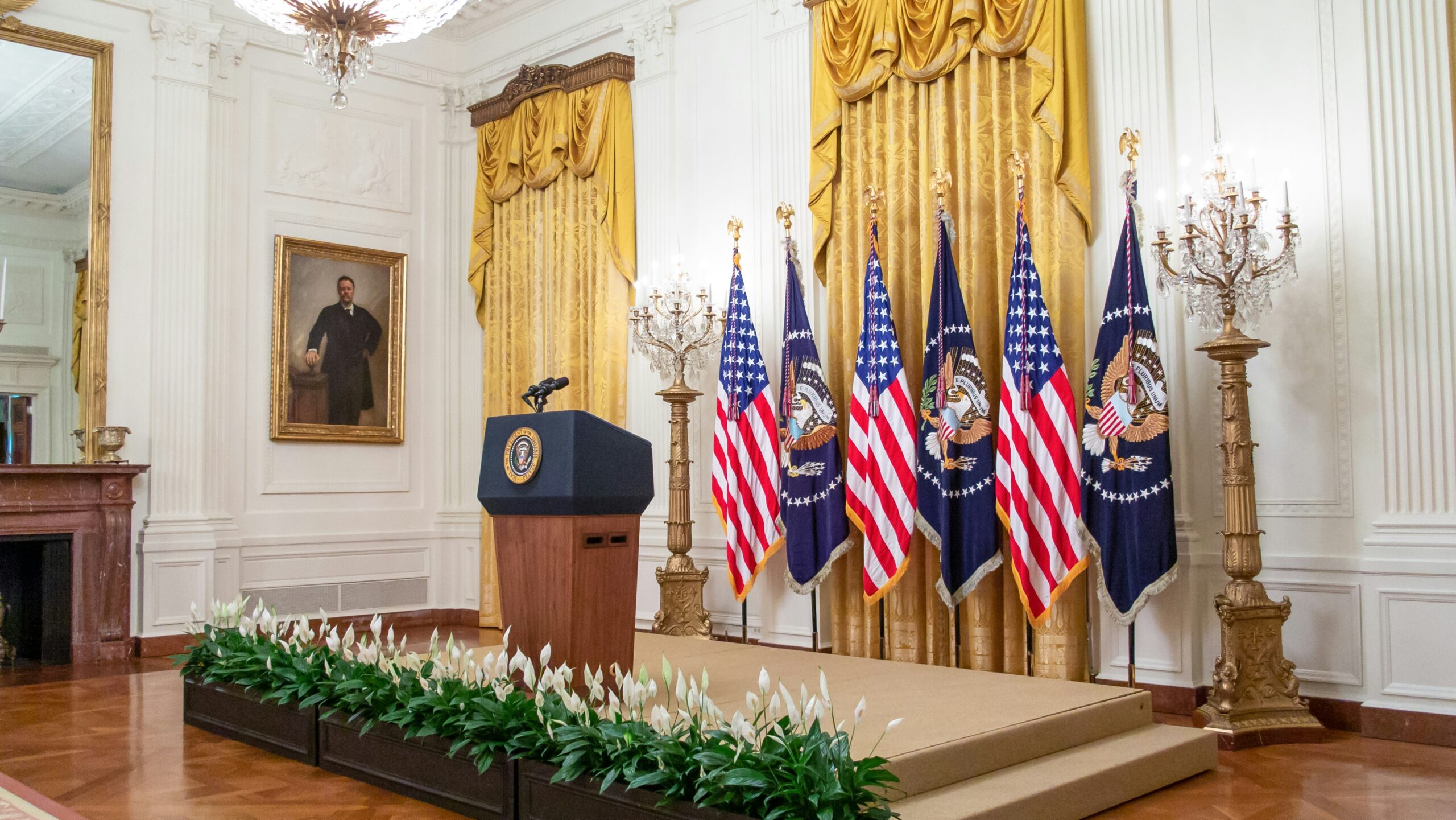Image credit: Unsplash
President-elect Donald Trump is assembling a cabinet of billionaires whose collective wealth is estimated to be worth an estimated $340 billion. This staggering figure overshadows his previous 2016 cabinet and starkly contrasts the working-class rhetoric in his campaign.
While Trump’s populist appeal resonated with millions of Americans, critics argue that his choice of a cabinet of billionaires and multimillionaires could lead to policies prioritizing the wealthy over public services. This is becoming a growing concern to the nation’s most vulnerable citizens.
Administration of Billionaires
At least 11 key Trump cabinet appointees have billionaire status or close connections. This is expected to make Trump’s administration the wealthiest in US history. The new cabinet’s net worth has left behind President Joe Biden’s team, whose collective worth stood at a modest $118 million.
Elon Musk, the world’s richest man, is among Trump’s picks alongside tech entrepreneur Vivek Ramaswamy, who has been tapped to lead the Department of Government Efficiency (DOGE). This newly created entity intends to eliminate wasteful public spending, with Musk pledging to slash $2 trillion from the national budget. Details on how these cuts will be achieved remain elusive.
While DOGE does not require Senate confirmation, several billionaire appointees for traditional cabinet positions will likely face public scrutiny. Linda McMahon, former WWE executive, is Trump’s nominee for education secretary. Hedge fund manager Scott Bessent has been selected as treasury secretary of the new cabinet. These appointments, including property tycoon Charles Kushner and astronaut-entrepreneur Jared Isaacman, highlight the administration’s opulent composition.
Contradictions in Leadership
Critics say Trump’s cabinet contradicts his campaign promises to champion the working class. David Kass, executive director of Americans for Tax Fairness, has described this approach as “government by the billionaires for the billionaires.” Kass warns that proposed tax cuts for the wealthy could come at the expense of essential public services like education, Medicaid, and Social Security.
Frank Bisignano, nominated to head the Social Security Administration, epitomizes these concerns. With a fortune close to $1 billion, Bisignano has been entitled to oversee the pensions and benefits of millions of retirees.
Similarly, private equity investor Stephen Feinberg has reportedly been offered the role of deputy defense secretary. These nominations further exemplify the administration’s preference for ultra-wealthy leadership.
Populist Appeal Amid Wealth
Despite the dissonance between Trump’s populist rhetoric and his billionaire-heavy cabinet, analysts believe his emotional connection with working-class voters could shield him from backlash. Matthew King, a fellow at the German Marshall Fund, attributes Trump’s appeal to his ability to tap into sentiments of pride in God, family, and country. He believes that these values have resonated deeply among economically distressed communities.
According to King, Trump’s focus on industrial job loss and unfavorable trade deals enables him to exploit working-class anxieties, even though his policies are intended to benefit the nation’s wealthiest.
“I still believe that Trump’s working-class appeal will continue to enable him to exploit the working class successfully while funneling rewards to the new oligarchy: big businesses and billionaires like Elon Musk,” King writes.
Wealth vs. Public Interest
The wealth concentration in Trump’s administration has raised broader questions about the future of public services in the US. With appointees like Musk and Ramaswamy advocating significant budget cuts, the potential impact on education, healthcare, and social safety nets looms large. Critics fear that reducing spending on these vital programs could harm low-income Americans and benefit corporations and the wealthy elite.
Despite these criticisms, Trump’s ability to maintain support among his base is evident. It shows a billionaire president and his affluent appointees embody the very system that many voters feel disenfranchised by. Kass suggests that this contradiction could fuel growing discontent. Voters wanted change but may soon realize this was not the hoped-for change.
A New Governance
As Trump prepares to return to the White House, this time with his billionaire cabinet, their staggering wealth signals influence and ambition. It also raises concerns about the administration’s alignment with the needs of ordinary Americans. The coming months will reveal whether this administration can deliver on its promises of efficiency and reform.





























































































































































































































































































